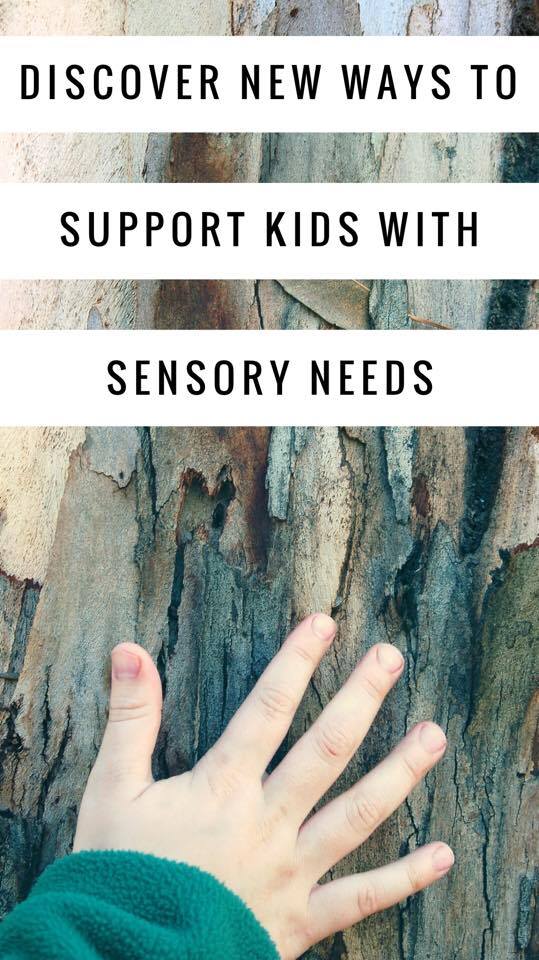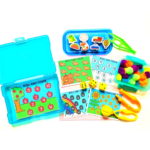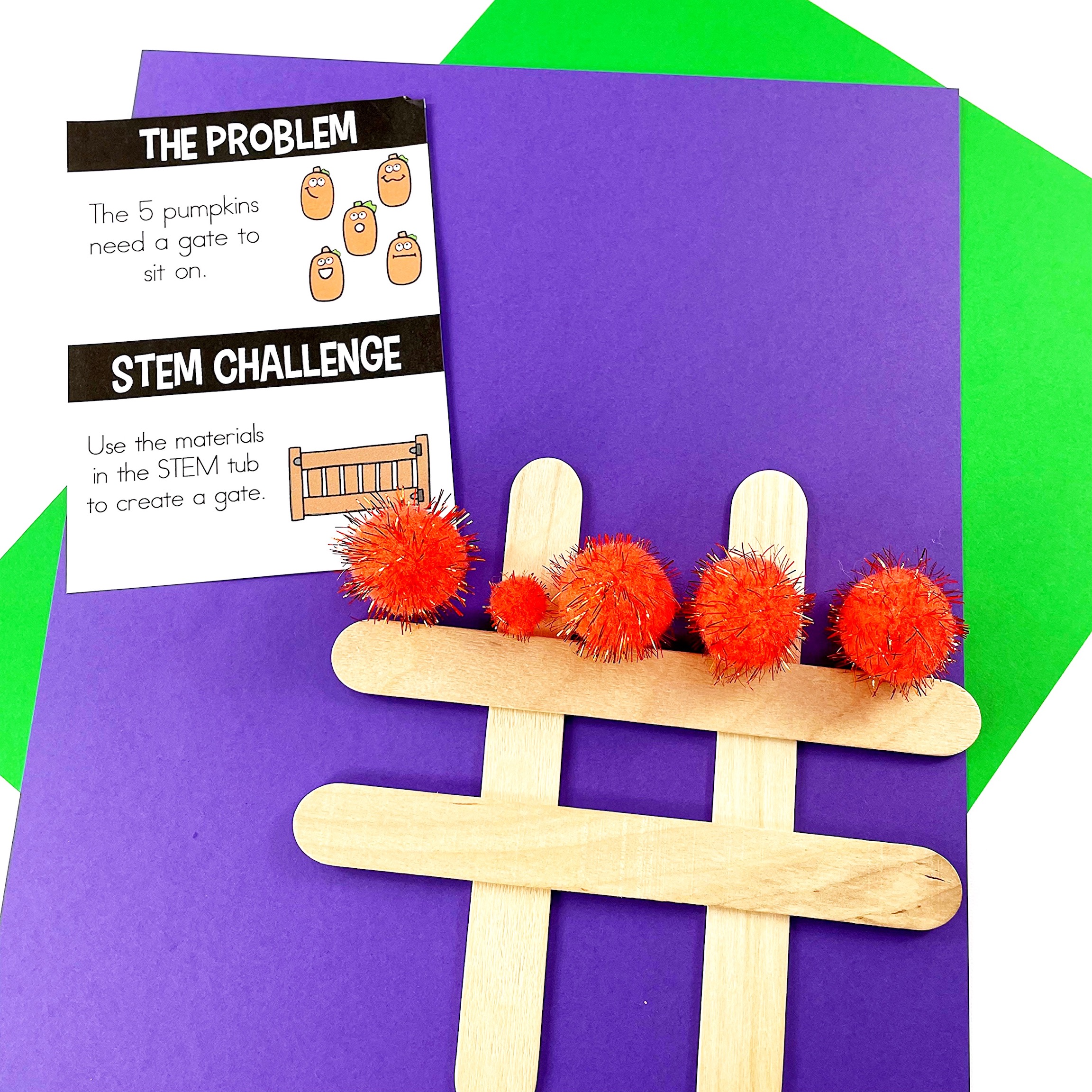If a child in your life has a problem with sensory processing, you may be wondering what you can do to support them. Fortunately, there are a number of ways you can offer support. This is a topic that is near and dear to my heart because my youngest son has always had sensory issues. After years of therapy, I have learned a lot as a parent, which made me a much better teacher when helping children with the same issues around their sensory processing issues.
I am confident that most people know someone with sensory issues. It doesn’t matter if you are their parent, teacher, favorite aunt or Sunday school teacher. It takes a village to raise a child and you are probably part of a few villages. Understanding how to support children with sensory issues is very helpful to their parents and to them. It also helps you to have a realistic expectation for the child so you do not try and keep them accountable beyond their capabilities. We should only expect from a child what they are capable of. This is going to look different for each child because not every system is the same. There may be sensory challenges but there are ways in which we can help.
Here, you’ll discover new ways to support your child's sensory needs:
Sensory needs: Find out what the child’s triggers are
It’s easiest to offer support when you understand the child better. Do they hate being cold or touching something cold? Do they bite themself when it’s too noisy? Identifying triggers and sensory preference can help you provide solutions. Remember that what works for one child may not work for every child. As parents, we are always looking for solutions to maintain the peace. Understanding triggers helps us to prevent meltdowns and tantrums. Remember it’s not always an act of defiance but an expectation that puts the child over the edge. Create a safe space in your school environment and implement the following sensory strategies as well as this one.
Sensory Needs: Offer items that may help the child
One item to keep on hand is noise-cancelling headphones. I always kept the big, bulky ones that didn’t work anymore and cut the cords off of them. Another are weighted blankets which can be easily made at home. You might also want to consider sensory bins. Stimulating toys also can make it easier for the child to cope when having sensory overload. When my son was young, he needed a fidget (this is one of many sensory tools). He kept a small car in his pocket and would turn the wheels with his hands. It was a quiet solution. He understood that he could not play with the car and it had to stay in his pocket. Small items like this can really help out a child who might otherwise have a hard time staying still or patient. He was very compliant because he knew that he needed his car to fulfill his sensory needs. Fidget toys are very common to use. These simple sensory objects and sensory activities help relieve a deep pressure the child is feeling. Offering items such as these have potential to comfort the overwhelmed sensory system.
Sensory Needs: Have patience
It can be easy to get frustrated with children with sensory needs and it can feel like heavy work. However, it’s important to be patient and stay calm through their sensory experiences. When we get upset, they get upset. Our behavior also impacts the child's behavior. They always feel that something is wrong with them and it hinders their confidence. It takes time to figure out how to support them and know their special needs so try and give them some grace and yourself too. Don't put too much pressure on yourself or the child. Keep a list of activities or processes on hand you can implement when you begin to feel overwhelmed. This is a useful skill for everyday life as well. If you tend to get overwhelmed, start listing things you are grateful for to help bring you back down to earth. Incorporate healthy habits like this into your daily routine and you will likely find yourself learning to have more patience.
Sensory needs: Reach out to people close to the child
Loved ones often know their child's sensory processing difficulties more than anyone. A great way to learn more about the child's specific needs, talk to the parents of children, teachers, or doctors to find out what you can do for their unique needs. Learning more about their sensory processing differences can help you give the most appropriate responses. Knowledge is power, so be sure to reach out to anyone who can help you learn more. This will surely give you confidence when going about your day routines when encountering sensory processing challenges. The important thing is you try different ways to help as you can
These are just some tips on how to support kids with sensory needs. Remember that every child is different, so it’s a learning process. Just because you found something that works this year, that doesn’t mean it will work next year. There are always creative ways to help with sensory integration issues and processing difficulty. Be open minded and most importantly remember to love this child unconditionally. It’s hard for us to be the supporter but it’s even hard to be the child who cannot adequately express what they need or how to make them feel better.
Keep learning & loving.











Leave a Reply